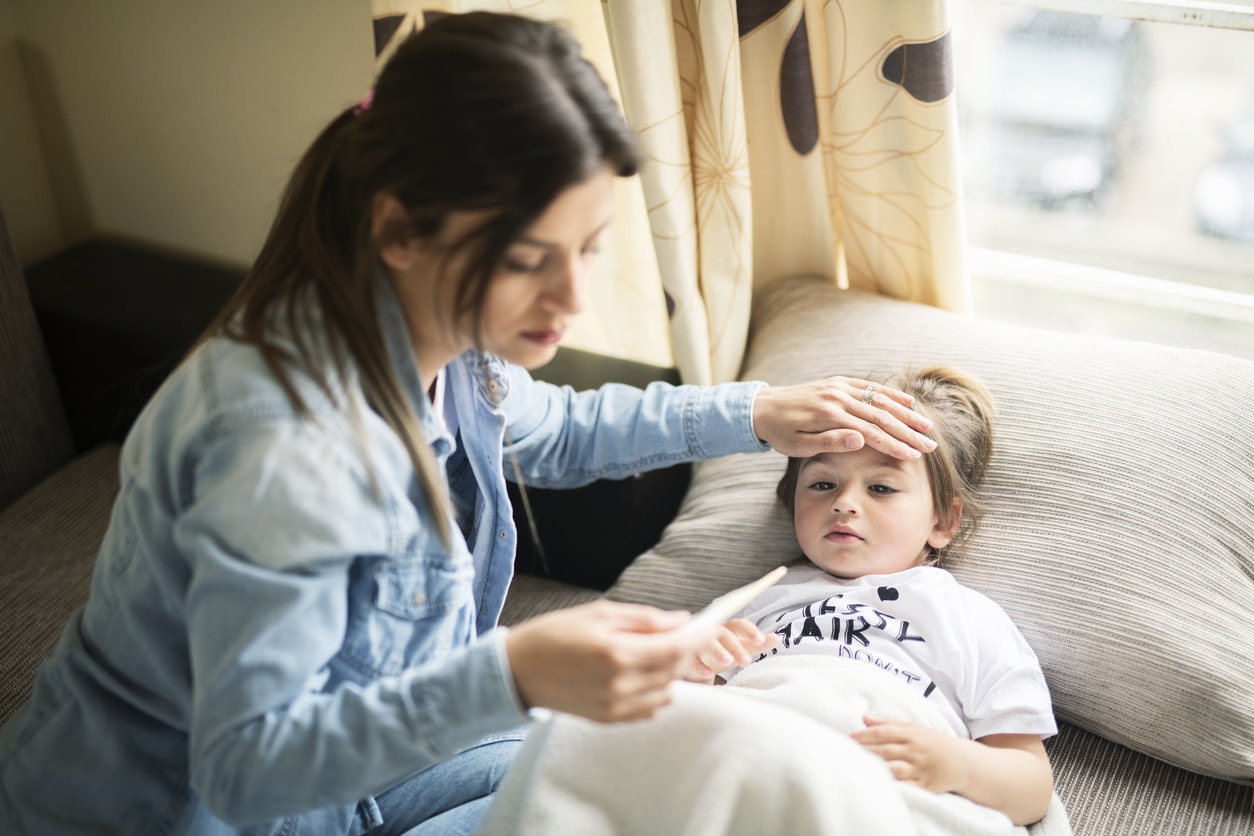How Can You Get RSV? Learn How RSV Vaccine Helps Preventing It

Respiratory Syncytial Virus (RSV) is an infectious disease that primarily affects the respiratory tract, posing considerable health risks among infants, young children, the elderly, and individuals with compromised immune systems. This article provides comprehensive information about RSV, focusing on its transmission, prevention, the cutting-edge RSV vaccine, and where to get RSV vaccine.
How Can You Get RSV?
RSV gets transmitted primarily through respiratory droplets when an infected person coughs, sneezes, or talks. It can also spread by coming into contact with contaminated objects and then touching your face, particularly your eyes, nose, or mouth. This makes public and crowded areas potential hotspots for RSV transmission.
Who’s More Likely to Develop Severe RSV?
Certain groups of individuals are more susceptible to developing severe respiratory syncytial virus (RSV) infections. The populations at higher risk for severe RSV include:
- Infants under the age of 6 months, especially premature infants.
- Older adults, particularly those aged 65 and older.
- People with chronic medical conditions such as chronic lung disease, heart disease, or weakened immune systems.
- Children with congenital heart disease or chronic lung disorders.
Individuals in these high-risk groups need to take extra precautions during RSV season, which typically occurs from fall to early spring. Caregivers and family members of children at higher risk should also be mindful of preventive measures to reduce the risk of RSV transmission to vulnerable individuals. Consultation with healthcare professionals can provide specific recommendations based on individual health status and risk factors.
How to Prevent RSV Transmission
While there is no definitive cure for RSV, there are several precautionary measures one can take to reduce the risk of infection. These include:
- Regular and thorough hand washing with soap and water.
- Avoiding touching your face unless your hands are clean.
- Using tissues or your elbow to cover your mouth and nose when you cough or sneeze.
- Keeping a safe distance from individuals who are ill, particularly if they exhibit symptoms like coughing or sneezing.
- Disinfecting commonly touched surfaces regularly.
- Seeking medical advice if you exhibit persistent cold symptoms.
- Get the RSV shot as soon as the season starts.
How to Protect Your Child from RSV
- Encourage regular handwashing with soap and water.
- Avoid close contact with sick individuals, especially during RSV season.
- Regularly clean and disinfect toys.
- Discuss the possibility of the RSV vaccination with your child’s healthcare provider.
- Ensure good ventilation in living spaces to reduce the concentration of airborne particles.
By adopting these preventive measures and staying vigilant during RSV season, you can help protect your child from respiratory infections. Always consult with your child’s healthcare provider for personalized advice based on your child’s health status and individual risk factors.
The New RSV Vaccine
Developments in scientific research have led to the creation of vaccines specifically designed to protect high-risk individuals from severe RSV. The Food and Drug Administration (FDA) approved two RSV vaccines for individuals aged 60 and above in May 2023: GSK’s Arexvy and Pfizer’s Abrysvo.
Arexvy demonstrated an efficacy of 82.6% in reducing the risk of RSV-associated lower respiratory infections, and a 94.1% effectiveness in preventing severe complications. Abrysvo reduced the risk of RSV-associated lower respiratory tract infections by 66.7% and was 85.7% effective at protecting against severe RSV-associated illness.
FAQs About The RSV Shot
Where to Get RSV Vaccine?
You can get the RSV vaccine at primary and immediate care clinics, hospitals, and some pharmacies. It is recommended to discuss with a healthcare provider about the benefits and potential side effects before getting vaccinated. If you do have to pay out-of-pocket, the RSV vaccine could cost you in the range of $180 to $295 a shot, depending on where you live.
Who Should Get the RSV Vaccine?
The Centers for Disease Control and Prevention (CDC) recommends individuals aged 60 and above to consider getting the RSV vaccine. Furthermore, in August 2023, the FDA approved an RSV vaccination for pregnant individuals between 32 and 36 weeks of gestation, providing newborns with protection against the virus for the first six months of their life.
Is the RSV Vaccine Covered by Insurance?
Most health insurance plans cover the cost of vaccines as part of preventive care. However, it’s always a good idea to check with your insurance provider to confirm the coverage for the RSV vaccine.